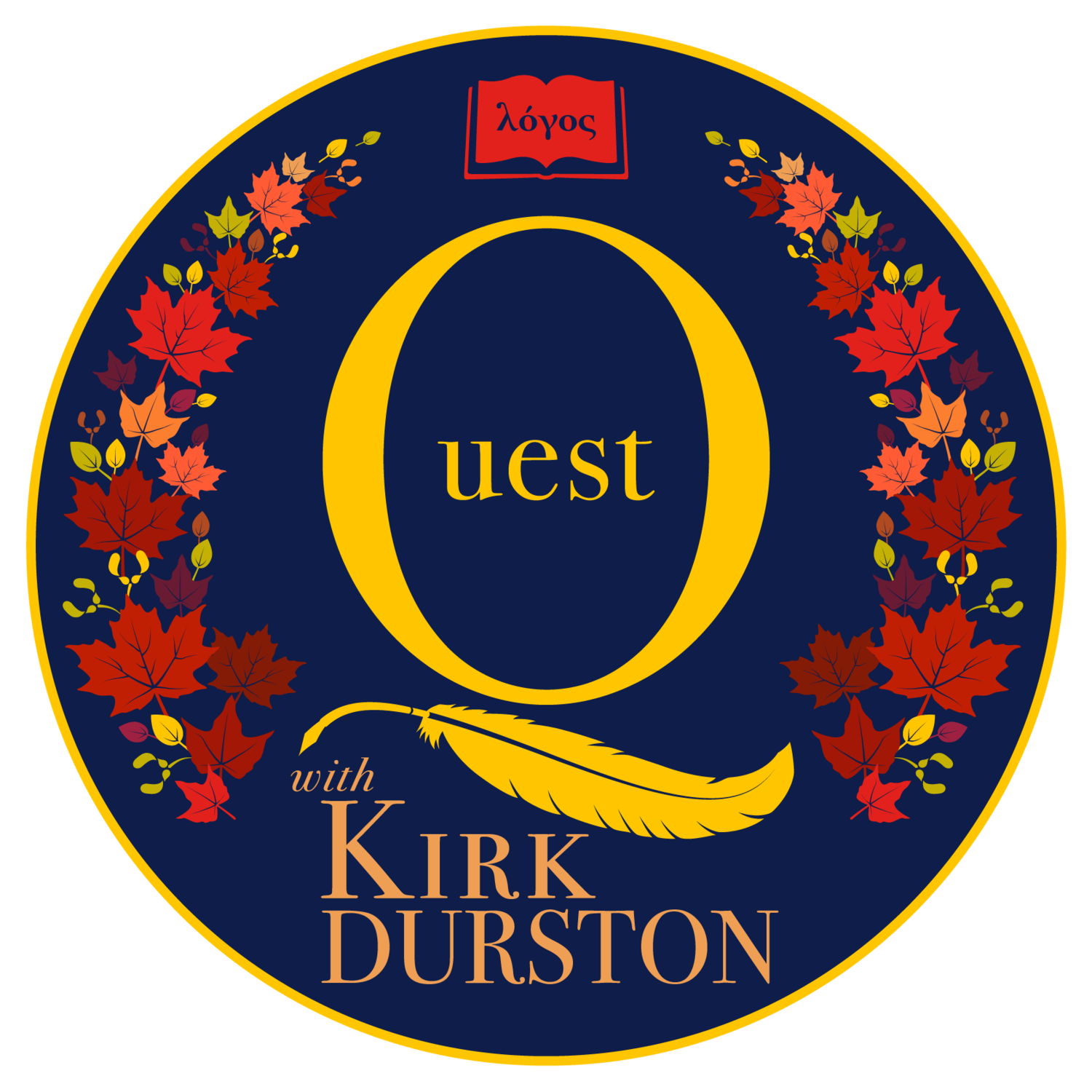What Does it Mean to be Human?: Part 1 -- Implications of thinking you own your body
The Gamekeeper, Richard Ansdell 1815 - 1885
(Read this article in Spanish)
Recently I listened to a young woman talking about her right to decide how she can protect her body (she wanted to carry a weapon of her choice), rather than have politicians legislate what was allowed and not allowed. As she spoke, I was suddenly struck by her repeated use of the phrase, “my body”, as if her body was something that she owned. We all speak this way, but the massive implications had never occurred to me before that moment.
IF YOU OWN YOUR BODY, THEN WHO AND WHAT IS THE “YOU” THAT OWNS IT?
If “you” are not merely a body, but one who dwells within your body, there are enormous implications for what it means to be human, for what it is that defines you, for life after the death of your body, for the meaning of life, and your purpose, value, and significance.
I see people walking down the street, going about their short little lives as if this is all there is, and I wonder how few of them realize they are vastly more than this.
The idea that the central part of what you are, your essence if you will, is non-physical but very real should not be surprising, even in an age of science. We already know that just as a woman cannot give birth to herself, so nature could not have brought nature into existence. There has to be a non-natural or supernatural foundation upon which the natural world is built. We should not be surprised, therefore, that you have a supernatural essence as well.
Philosophers and theologians call it the soul. It includes the mind, free will, and the ability to come to reasoned conclusions, as well as the capacity for moral reasoning. It is the part of us that is self-aware and enables us to look at the physical world, including our bodies, as if there is something about us that is independent of the physical world.
“There are no ordinary people. You have never talked to a mere mortal.” C.S. Lewis
In the Bible, it states that God created human beings in the “image” and “likeness” of God, as if there is something about a human being that is structured or modelled after the Trinity. A fascinating statement by God, speaking through the Apostle Paul, describes what this means in terms of a “complete” or entire human being …
“May the God of peace Himself sanctify you entirely; and may your spirit and soul and body be preserved complete, without blame at the coming of our Lord Jesus Christ.”[1]
You are a three-part being: body, soul, and spirit … an image or likeness of the Triune God. The body is often referred to as a garment, a tent, a vessel …. it is what represents you in the physical world, which is why we instinctively refer to our body using possessive pronouns.
When you realize that you are not just a body, everything changes
I see people walking down the street, going about their short little lives as if this is all there is, and I wonder how few of them realize they are vastly more than this. C.S. Lewis wrote,
“the dullest most uninteresting person you can talk to may one day be a creature which, if you saw it now, you would be strongly tempted to worship, or else a horror and a corruption such as you now meet, if at all, only in a nightmare … There are no ordinary people. You have never talked to a mere mortal. Nations, cultures, arts, civilizations – these are mortal, and their life is to ours as the life of a gnat. But it is immortals whom we joke with, work with, marry, snub, and exploit – immortal horrors or everlasting splendors.”
The takeaway
You are more than just your body. The “you” that wears your body like clothing is non-physical and is what defines you.
In this “What does it mean to be Human?” series, you may find that you have vastly underestimated what you are, your value, your ability to continue after death, and what it is that defines you.
Note: If you would like to know more about how to know God personally and have eternal life, you may be interested in anonymously connecting with an online mentor.
Read Part 2: You are vastly greater than this!
Read Part 3: Free Will
[1]New American Standard Bible: 1995 update. (1995). (1 Th 5:23). La Habra, CA: The Lockman Foundation.







